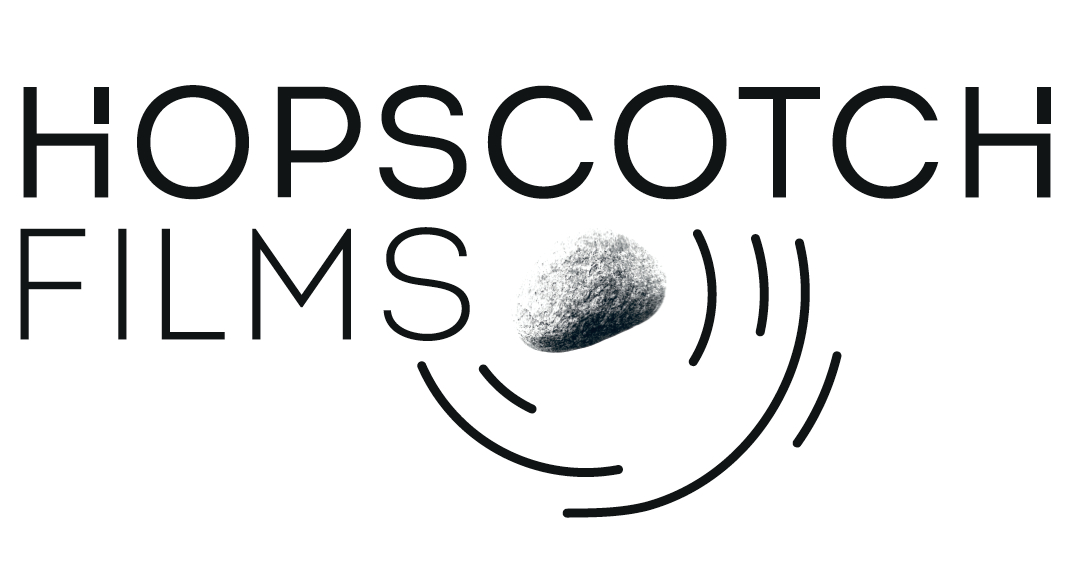Thomas Fraser, Shetland fisherman and closet country music star, fell in love with country music listening to US Forces radio in World War 2. When electricity came to his island of Burra in 1953 he bought himself a tape recorder and recorded hundreds of songs. When he died in 1978 he was unknown outside Shetland. Thirty years later a clutch of posthumously released CD’s have lead to him being acclaimed as ‘the most important figure in British country music.’ His friends, family and admirers tell his story.
Producer: John Archer
Director: Brian Ross

Review in the Scotsman:
 SHETLAND LONE STAR
SHETLAND LONE STAR
Published Date: 21 December 2008
By Mik Duffy
BBC2 Friday, 10pm
SEVEN years ago, during his hilarious but sadly short-lived Channel 4 show, Armando Iannucci posited a special afterlife for Scottish TV viewers. There we’d finally be allowed to see the networked programmes which had been yanked from our screens over the decades to provide Lebensraum for that Dougie Donnelly chat-show and other impossibly dreary regional quota-fillers.
Still, though no one’s about to mistake River City for The Sopranos, the phrase “except for viewers in Scotland” doesn’t quite carry the same chill it once did. This is partly due to the digital revolution. Hard-drive recorders and the BBC’s iPlayer have made chasing down programmes dislodged by the stirrings in Shieldinch a far less frustrating endeavour. More to the point, recent homegrown fare seems to be exhibiting a hitherto unprecedented sense of technical confidence and cultural pride, qualities the sublime BBC Scotland offering Shetland Lone Star had in abundance.
Charting the life of Thomas Fraser, a shy Shetland Islander whose unlikely recordings of country and western songs have earned him posthumous acclaim, this was a truly marvellous documentary. A gifted musical polymath who grew up idolising the country pioneer Jimmie ‘The Singing Brakeman’ Rodgers, Fraser spent his days working as a fisherman and his nights recording his own cover versions of country and western standards. And, though his native Isle of Burra could scarcely be further removed from the American West, Fraser’s feel for the genre was undeniable. Now, some 30 years after his passing, his primitive but impossibly evocative reel-to-reel recordings have been released on CD, prompting rapture from critics, kudos from the Nashville country establishment and bemusement from those who knew him.
Friends and relatives painted a picture of a painfully shy man who, though sanguine about the risks of fishing in tumultuous seas, was too self-conscious to play in public. His daughter, May, relayed the tale of how he overcame stage-fright at his sister’s wedding by playing from within the safety of a closet. Fellow musician Robbie Cumming recalled how Fraser’s solitary night-time yodelling could be heard echoing across Burra, a private ritual which seems to have been the closest the Hank Williams of the Shetland Isles ever came to a public performance. Elsewhere, aficionados who know Fraser only through the recordings he left us, waxed ecstatic about his astounding musical prowess.
Given such rich subject matter, even the most dimwitted of filmmakers could easily have crafted a compelling documentary. Thankfully, the makers of Shetland Lone Star opted for a more imaginative approach, combining Fraser’s beguiling music with some equally accomplished visuals.
The lovingly photographed island vistas suggested a link between the choppy seascapes of the north and the vast expansive spaces of the American plains. The linking graphics mimicked the warm familiarity of a well-worn map, while Fraser’s extraordinarily moving rendition of ‘Over The Rainbow’ was accompanied by the sight of musical notation floating against a serene backdrop of rolling clouds. The overall effect was joyous. And, in a long overdue reversal of historical tradition, it was viewers south of the Tweed who were being denied the week’s most gloriously accomplished programme.
The full article contains 1017 words and appears in Scotland On Sunday newspaper.






